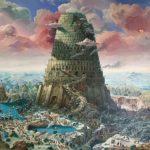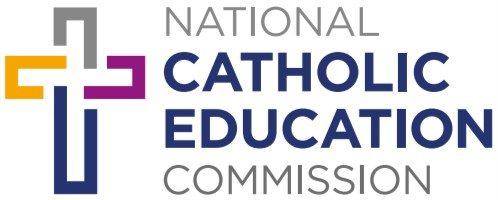-
Babel
 A primeval, symbolic story about human pretension to build a tower to the heavens (Gen 11:1-9) which the tellers/writers used to explain why there are many languages and nations. It was called Babel ("confusion") because God confused the language of all the earth and scattered the peoples. This sets the scene for God’s calling of Abram/Abraham (Gen 12: 1-2) to be the ancestor of a people who will be God’s own.
A primeval, symbolic story about human pretension to build a tower to the heavens (Gen 11:1-9) which the tellers/writers used to explain why there are many languages and nations. It was called Babel ("confusion") because God confused the language of all the earth and scattered the peoples. This sets the scene for God’s calling of Abram/Abraham (Gen 12: 1-2) to be the ancestor of a people who will be God’s own. -
Bible
 The collection of pieces of many kinds of ancient literature that the Church believes is an indispensable written expression of God's loving revelation of Godself.
The collection of pieces of many kinds of ancient literature that the Church believes is an indispensable written expression of God's loving revelation of Godself. -
Biblical criticism
The application of respected techniques of literary and historical studies to discover why Scriptural passage or book may have been written and what it may have meant to its original audience and later audiences. “Criticism” here does not mean “finding fault” but the application of academic rigour within a particular approach.
-
Biblical Inspiration
The Christian belief that Scriptures come to us from God as a result of the Holy Spirit’s working through human authors. Inspiration has resulted in the Bible conveying the “truth necessary for our salvation” (Vatican II). It did not remove the human authors’ capacity to write in their own styles, in genres that may or may not be familiar to us, applying mindsets and understandings of their times to events in the world around them.
